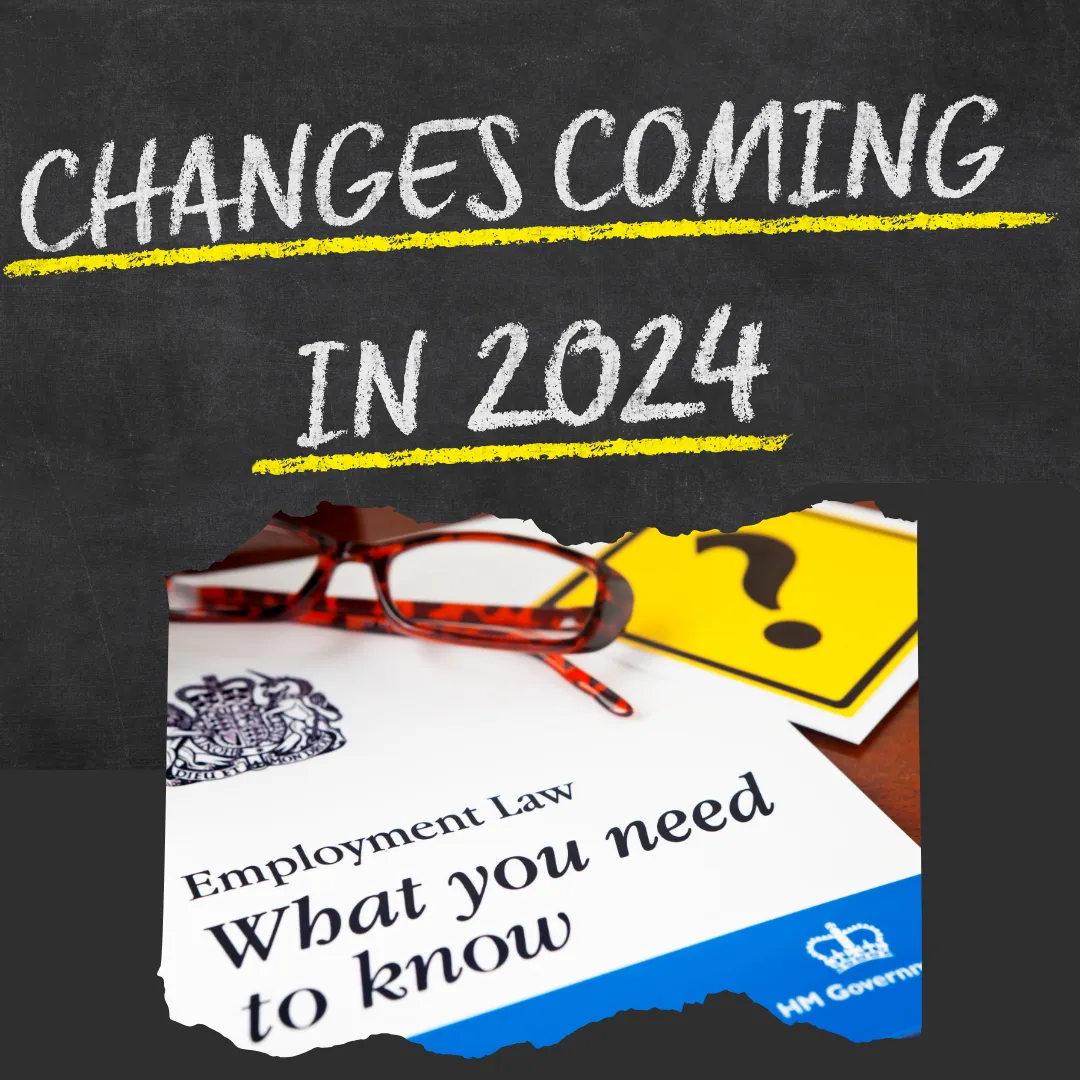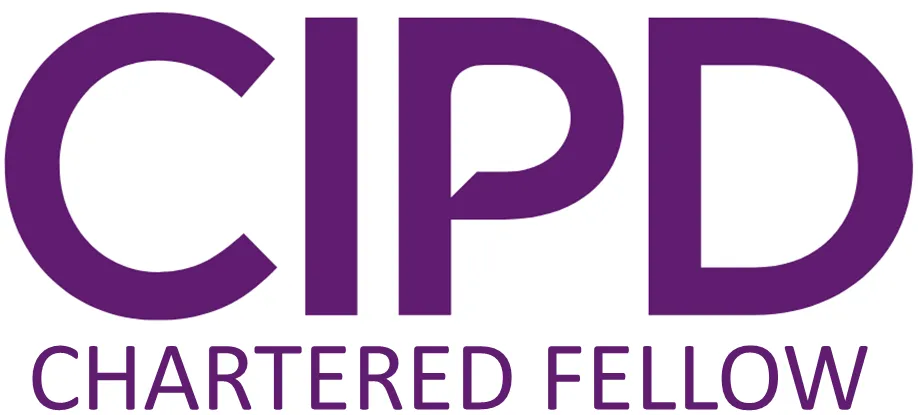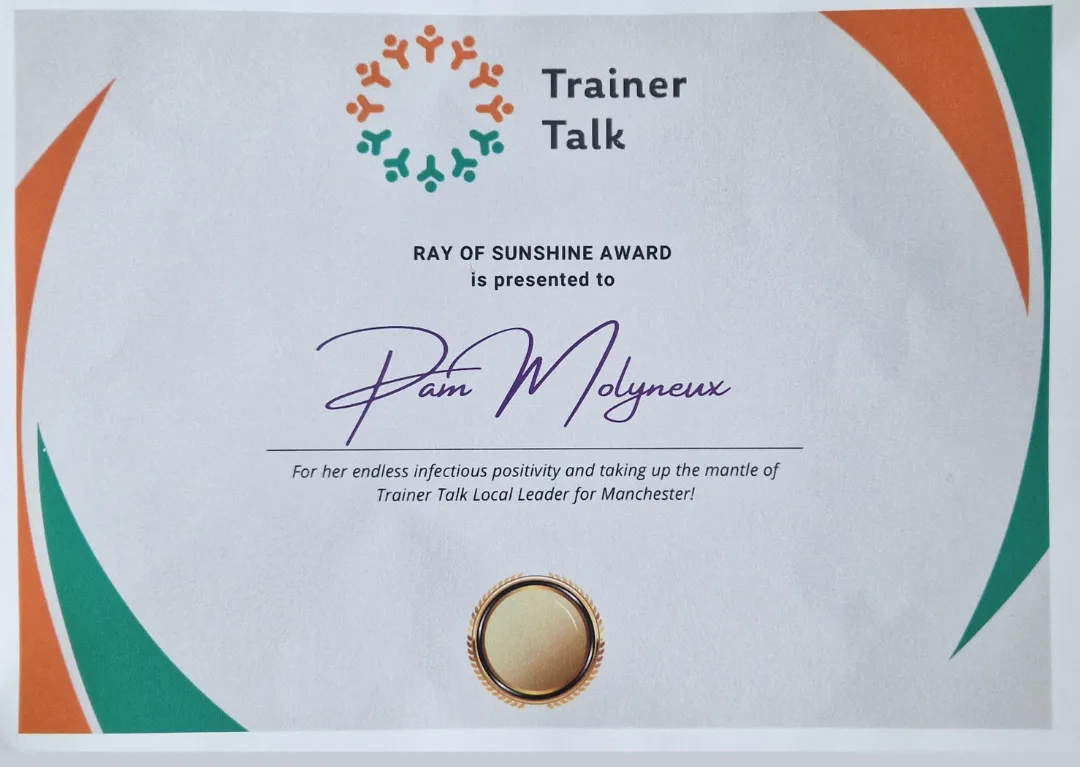Read Our Latest Blogs

April 2024 Employment Law Changes
“There is a lot happening in April 2024, make sure you review your employment documentation and train your managers.” - Pam Molyneux
1st April 2024
National Living Wage
The National Living Wage age band will be expanded to include workers aged 21 and over.
The National Living Wage and National Minimum Wage rates will rise as follows.
The National Living Wage (for people aged 21 or older) will increase from £10.42 to £11.44 per hour.
The National Minimum Wage for workers aged 18–20 will increase from £7.49 to £8.60 per hour.
The young workers rate for workers aged 16–17 will increase from £5.28 to £6.40 per hour.
The apprentice rate for apprentices under 19, or over 19 and in the first year of the apprenticeship, will increase from £5.28 to £6.40 per hour.
Changes to holiday rules
For holiday years beginning on or after this date, holiday entitlement for part year and irregular hours workers can be calculated by taking 12.07% of the hours worked in the pay period.
Rolled up holiday will also be permissible from this date for part year and irregular hours workers only.
6th April 2024
Vento Band
When Angela Vento took a case against the Chief Constable of West Yorkshire Police to the Court of Appeal in 2002, the resulting judgment gave rise to the name “Vento bands” with regard to compensation for injury to feelings.
More specifically, Vento bands are the structure a tribunal will use to determine the level of award for the injury to feelings element in discrimination and whistleblowing claims. This consideration is separate from any claim for financial loss, such as loss of earnings.
The annual increases to the Vento bands have now been published and will come into force for claims presented on or after 6 April 2024.
For claims presented on or after that date, the lower band (less serious cases) will see the current £1100 to £11,200 range rise to £1200 to £11,700.
In the Vento judgment, the court said that this band would apply where the act of discrimination is an isolated or one-off occurrence.
The middle band (cases that do not merit an award in the upper band) will go up to £11,700 to £35,200 (currently £11,200 to £33,700).
Finally, the most serious cases, those in the upper band, will increase to £35,200 to £58,700 (currently £33,700 to £56,200). The Vento judgment said: “Sums in this range should be awarded in the most serious cases, such as where there has been a lengthy campaign of discriminatory harassment on the ground of sex or race.”
The most exceptional cases are capable of exceeding the highest band.
Flexible Working
Flexible working requests can be made from day one of employment, removing previous requirement of at least 26 weeks' service.
Employers will have to consult with the employee on alternatives before refusing their request.
Two requests in any twelve month period will be permitted.
The time to deal with a request, including appeal, will become two months.
Employees will no longer be required to set out the effect their requested arrangement will have on the business, nor suggest ways their employer can manage it.
Carer’s Leave
This entirely new right will permit employees from day one of employment to take up to one week unpaid per rolling 12 month period as leave to provide care or assist someone who is dependant on them who has a long-term care need.
The right to carer’s leave is intended for planned activities or assistance.
Carer’s leave is not the same as time off for dependants leave, which is for emergency situations.
It is possible to postpone carer’s leave for up to one month where it would unduly disrupt the employer’s business.
In deciding whether to allow the time off, the employer can consider whether the required notice has been given for the requested carer’s leave.
An employee can make a complaint to the employment tribunal that they have suffered a detriment or been dismissed due to taking carer’s leave.
Dismissing an employee for taking carer’s leave will be automatically unfair.
Paternity Leave
Paternity leave can be taken in the first 52 weeks after birth or adoption, and either as two separate weeks, one single week or two consecutive weeks together.
This will apply to children whose expected week of childbirth is after 6 April 2024, and children whose expected date of placement for adoption, or expected date of entry into Great Britain for adoption, is on or after that date.
Redundancy Protection
Redundancy protection will apply during pregnancy and for a period of 18 months after birth or placement of a child for those taking maternity, adoption or shared parental leave.
Statutory Sick Pay Rate
SSP will increase to £116.75.
7th April 2024
Statutory Leave and Pay Rate
Statutory shared parental, maternity, adoption, paternity and parental bereavement pay will increase £184.03.












